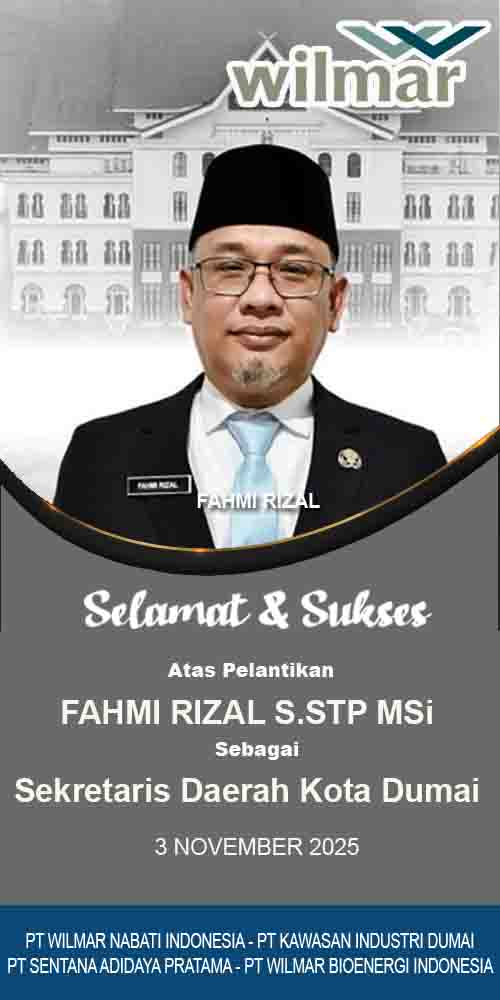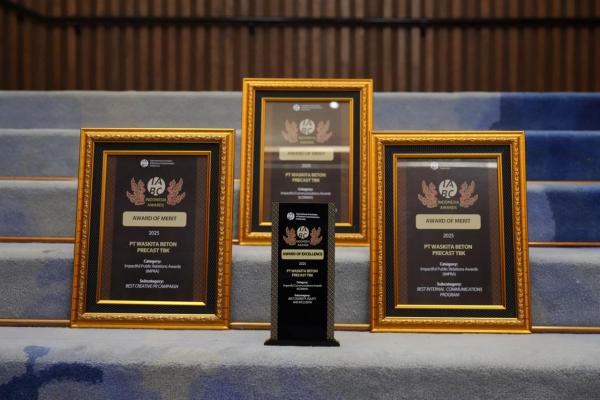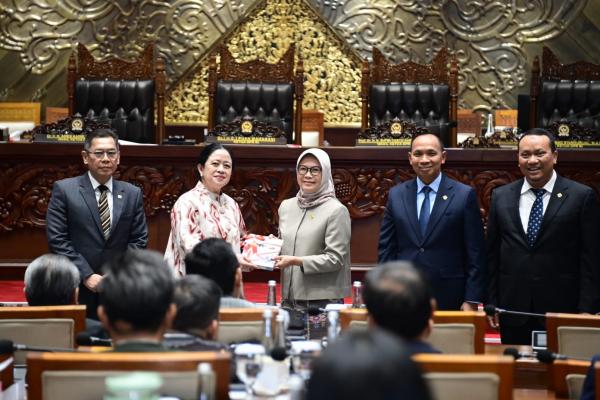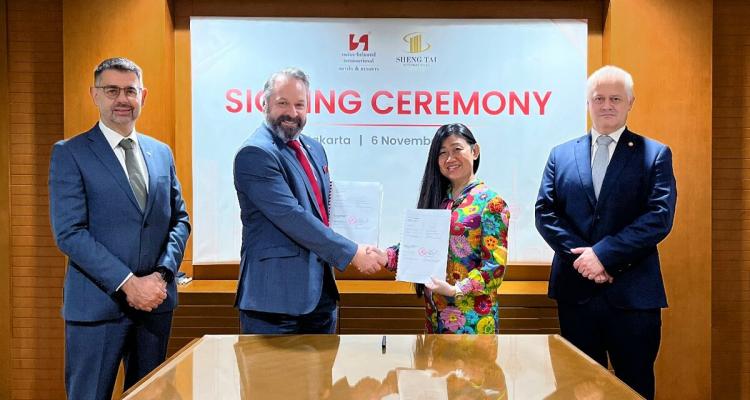- Home
- MediaOutReach
- Westlake University Establishes Department of Astronomy
Westlake University Establishes Department of Astronomy
Selasa, 18 November 2025 | 20:15
HANGZHOU, CHINA -
Media OutReach Newswire - 18 November 2025 -
Westlake University
held the founding ceremony for its Department of Astronomy at Yungu
Campus on Oct. 18, marking the establishment of the first astronomy
department at a new type of research university in China. Prof. Shude
Mao, a renowned astrophysicist, serves as the department's inaugural
chair.
Distinguished guests attending the ceremony included Prof. Brian Schmidt, Nobel laureate in physics and chair of the Australian National University Council; Prof. Ewine van Dishoeck, molecular astrophysicist at Leiden University and former president of the International Astronomical Union; and Prof. Douglas Lin, astrophysicist at the University of California, Santa Cruz, and fellow of the American Academy of Arts and Sciences. All three were appointed as members of the department's International Advisory Committee.
"Building an astronomy department from scratch is not easy," said Schmidt. "But under Shude's leadership, I am confident—especially with support from his colleagues from across China—that you will create a vibrant department that makes amazing discoveries that we cannot even imagine today."
Astronomy embodies humanity's deepest curiosity about the universe and serves as a powerful driver of original innovation and technological advancement. Westlake University President Yigong Shi noted that the establishment of the department not only strengthens the university's foundational science portfolio, but also serves as a strategic cornerstone for fostering deep interdisciplinary collaboration.
At the ceremony, Mao expressed his hope that the Department of Astronomy will grow into one of the world's leading centers for astronomical research, achieving excellence in both scientific discovery and talent cultivation.
Mao earned his Ph.D. in astrophysics from Princeton University in 1992 and subsequently held postdoctoral fellowships at the Harvard-Smithsonian Center for Astrophysics and the Max Planck Institute for Astrophysics. He has served at the University of Manchester's Department of Physics and Astronomy and the National Astronomical Observatories of the Chinese Academy of Sciences, and previously chaired the Department of Astronomy at Tsinghua University. Over the past three decades, his theoretical work has focused on astrophysics and gravitational microlensing. His pioneering method for detecting exoplanets via microlensing has led to the discovery of more than 200 exoplanets and become a key observational technique for upcoming missions such as NASA's Roman Space Telescope and China's ET mission.
Mao outlined the department's guiding philosophy:
Starting in 2026, Westlake University will begin admitting Ph.D. students in astronomy, building upon its physics program. Meanwhile, the university has already launched an undergraduate general education course called Celestial Questions.
Distinguished guests attending the ceremony included Prof. Brian Schmidt, Nobel laureate in physics and chair of the Australian National University Council; Prof. Ewine van Dishoeck, molecular astrophysicist at Leiden University and former president of the International Astronomical Union; and Prof. Douglas Lin, astrophysicist at the University of California, Santa Cruz, and fellow of the American Academy of Arts and Sciences. All three were appointed as members of the department's International Advisory Committee.
"Building an astronomy department from scratch is not easy," said Schmidt. "But under Shude's leadership, I am confident—especially with support from his colleagues from across China—that you will create a vibrant department that makes amazing discoveries that we cannot even imagine today."
Astronomy embodies humanity's deepest curiosity about the universe and serves as a powerful driver of original innovation and technological advancement. Westlake University President Yigong Shi noted that the establishment of the department not only strengthens the university's foundational science portfolio, but also serves as a strategic cornerstone for fostering deep interdisciplinary collaboration.
At the ceremony, Mao expressed his hope that the Department of Astronomy will grow into one of the world's leading centers for astronomical research, achieving excellence in both scientific discovery and talent cultivation.
Mao earned his Ph.D. in astrophysics from Princeton University in 1992 and subsequently held postdoctoral fellowships at the Harvard-Smithsonian Center for Astrophysics and the Max Planck Institute for Astrophysics. He has served at the University of Manchester's Department of Physics and Astronomy and the National Astronomical Observatories of the Chinese Academy of Sciences, and previously chaired the Department of Astronomy at Tsinghua University. Over the past three decades, his theoretical work has focused on astrophysics and gravitational microlensing. His pioneering method for detecting exoplanets via microlensing has led to the discovery of more than 200 exoplanets and become a key observational technique for upcoming missions such as NASA's Roman Space Telescope and China's ET mission.
Mao outlined the department's guiding philosophy:
- - "Refined" – with a focus on cutting-edge areas such as exoplanets, galactic cosmology, AI and computational astrophysics, and time-domain astronomy.
- - "International" – through broad collaboration with research teams in Europe, the U.S., Asia, and beyond, in astronomical observation, data sharing and analysis, talent development, and instrument innovation.
- - "Frontier-driven" – by recruiting outstanding global scholars committed to advancing humanitys understanding of the universe.
The department will draw on best practices from leading universities
worldwide, integrating training in theory, observation, and computation.
Phase III of the Yungu Campus includes a small observatory equipped
with an 80-cm telescope, expected to be operational and open for
educational use after the Spring Festival in 2026.
Starting in 2026, Westlake University will begin admitting Ph.D. students in astronomy, building upon its physics program. Meanwhile, the university has already launched an undergraduate general education course called Celestial Questions.
BERITA LAINNYA
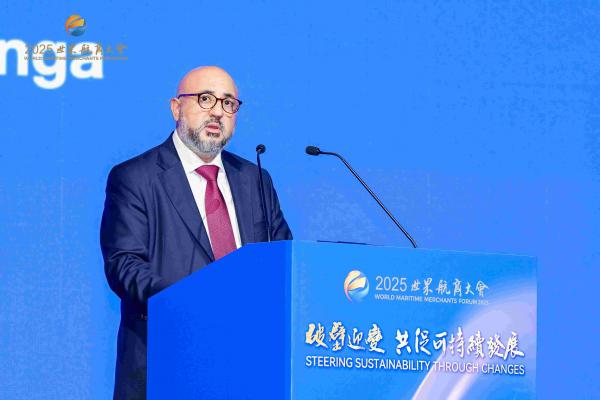
Selasa, 18 November 2025 | 20:19

Selasa, 18 November 2025 | 20:18

Selasa, 18 November 2025 | 20:17
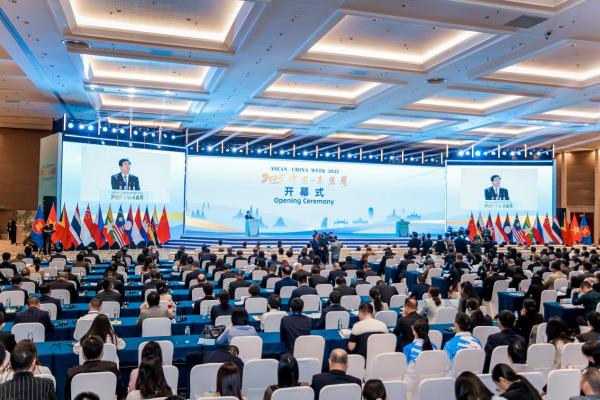
Selasa, 18 November 2025 | 20:16

Selasa, 18 November 2025 | 20:15
Selasa, 18 November 2025 | 20:15
Selasa, 18 November 2025 | 20:14

Selasa, 18 November 2025 | 20:11
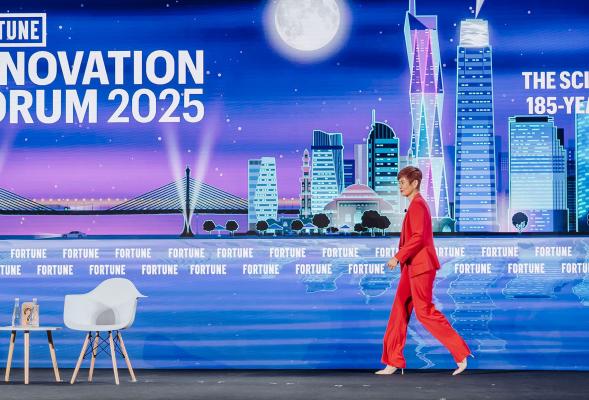
Selasa, 18 November 2025 | 20:09

Selasa, 18 November 2025 | 20:07
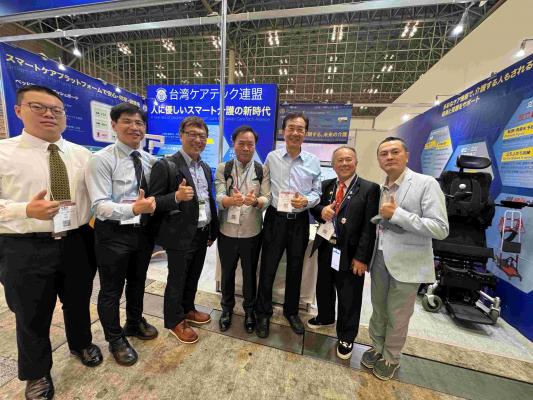
Selasa, 18 November 2025 | 19:56

Selasa, 18 November 2025 | 10:56



